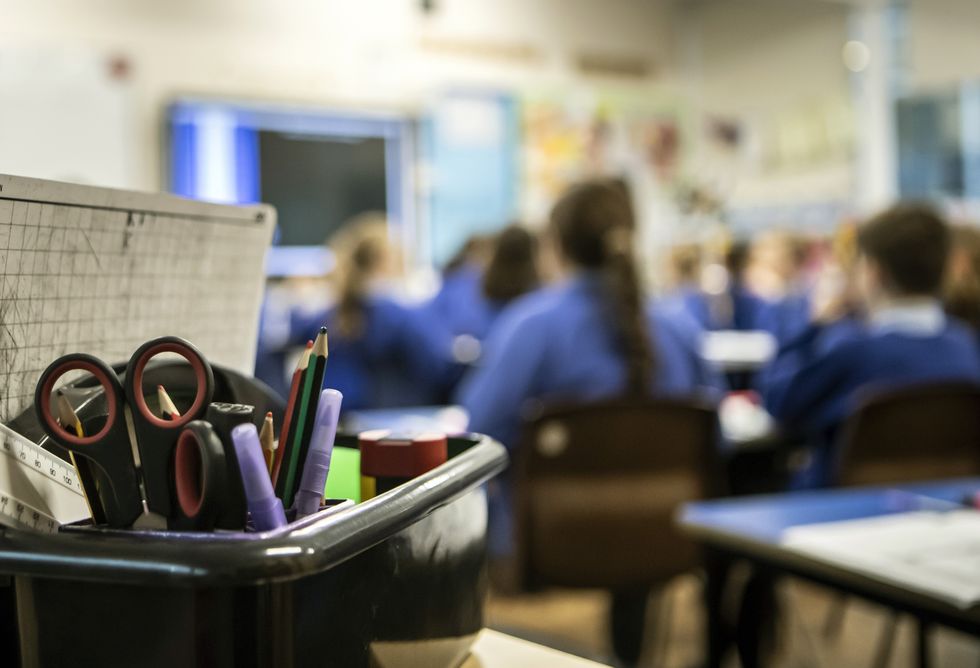Schoolchildren should not be taught about the “greatness of the British Empire”, an education charity has told Bridget Phillipson ahead of a major review of the UK’s education system.
The Education Secretary is set to unveil findings from a major curriculum review in England, following submissions from nearly 70 leading education groups.
The root-and-branch overhaul, due to publish initial findings in early 2025, will examine education from primary school through to age 18.
Phillipson has promised to “breathe new life” into what she describes as an “outdated curriculum”.
Education groups have called for significant changes to how the British Empire is taught in schools with the Bell Foundation, a charity focused on multilingual children’s education, urging for teaching to move away from “the greatness of the British Empire” in GCSE history modules.
The charity also recommended updating geography courses to avoid presenting other countries primarily through “crisis narratives” about disasters.

Bridget Philipson has been told schoolchildren ‘should not be taught the greatness of the British empire’
PA
The Runnymede Trust, a race equality think tank, echoed concerns about current history teaching, noting it remains “focused on narrow, celebratory, accounts of our island story”.
The trust highlighted that at Key Stage 2, the only statutory topics relating to migration history are “Romans, Anglo-Saxons, Scots and Vikings”.
They called for mandatory topics on race, migration and the British Empire.
Phillipson has taken a firm stance on Shakespeare’s place in the curriculum, despite calls for diversification.
“Mark my words: Shakespeare is staying put. He is one of our most celebrated writers and his works will proudly remain a fixture in our classrooms for every child to study,” the Education Secretary said last month.
LATEST DEVELOPMENTS:

Shakespeare currently stands as the only compulsory author in England’s national curriculum
PA
Shakespeare currently stands as the only compulsory author in England’s national curriculum.
Several education groups have called for climate change to become a mandatory part of the national curriculum.
Wildlife and Countryside Link urged the Government to “thread nature, climate and sustainability across all subjects.”
The group suggested outdoor learning could enhance various subjects, claiming it “provides relevance and depth to the curriculum in ways that are difficult to achieve indoors”.
Several groups urged Labour to deliver on its pledge to make mathematics more relevant to daily life.
The Investing and Saving Alliance called for mandatory financial education, warning that many young people are “not being prepared for the money-related realities” ahead.
The group suggested including lessons on “the psychology of money” and the differences between needs, wants and aspirations.
The Government has appointed Prof Becky Francis, a specialist in education inequalities, to oversee the comprehensive review.
A Department for Education spokesman said: “Our mission is to break down the barriers to opportunity, so every child can achieve and thrive no matter their background.”
The review aims to deliver a “cutting-edge curriculum” preparing children for both work and life.